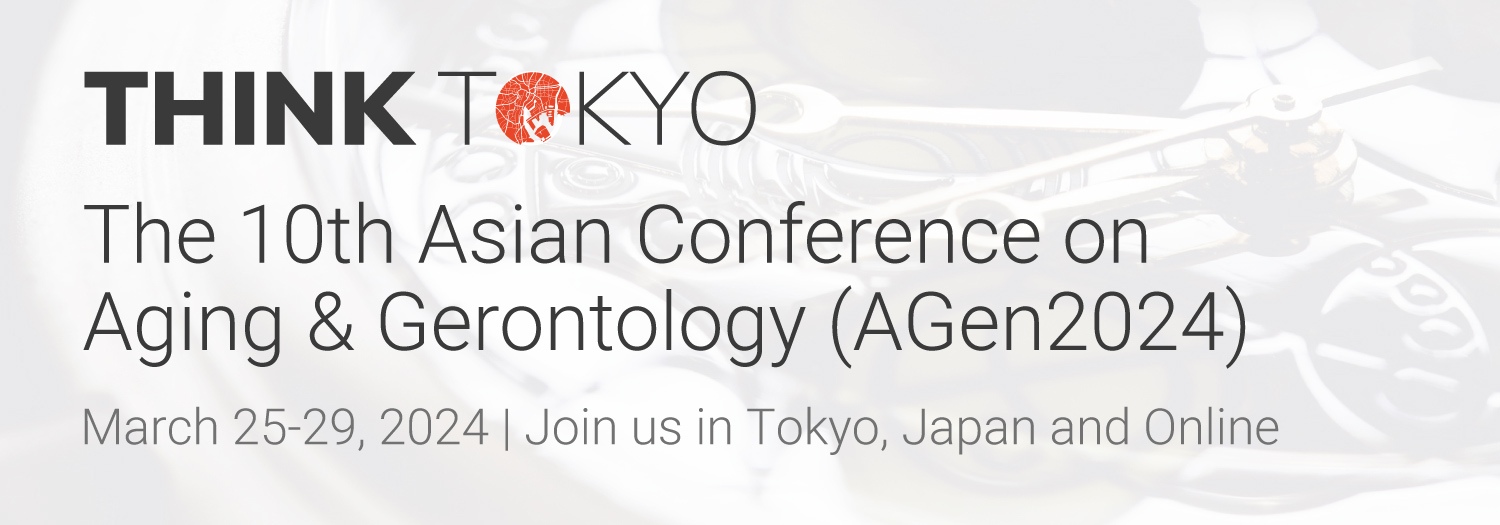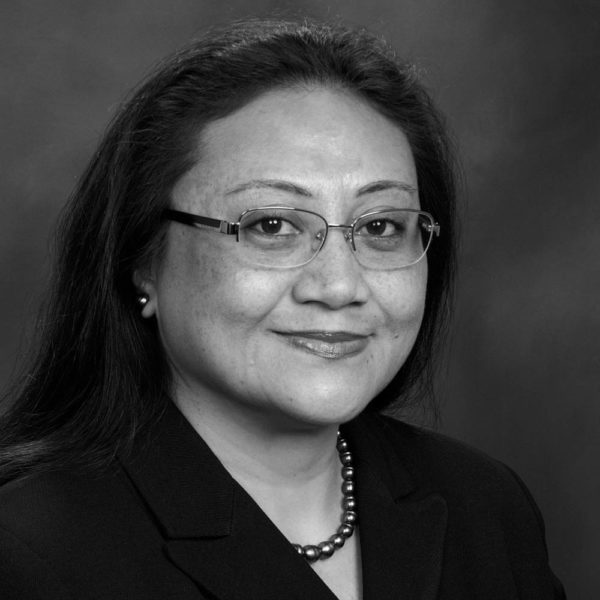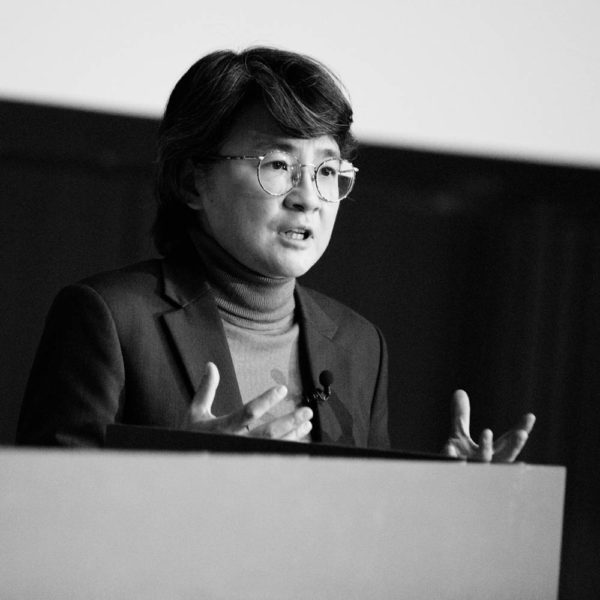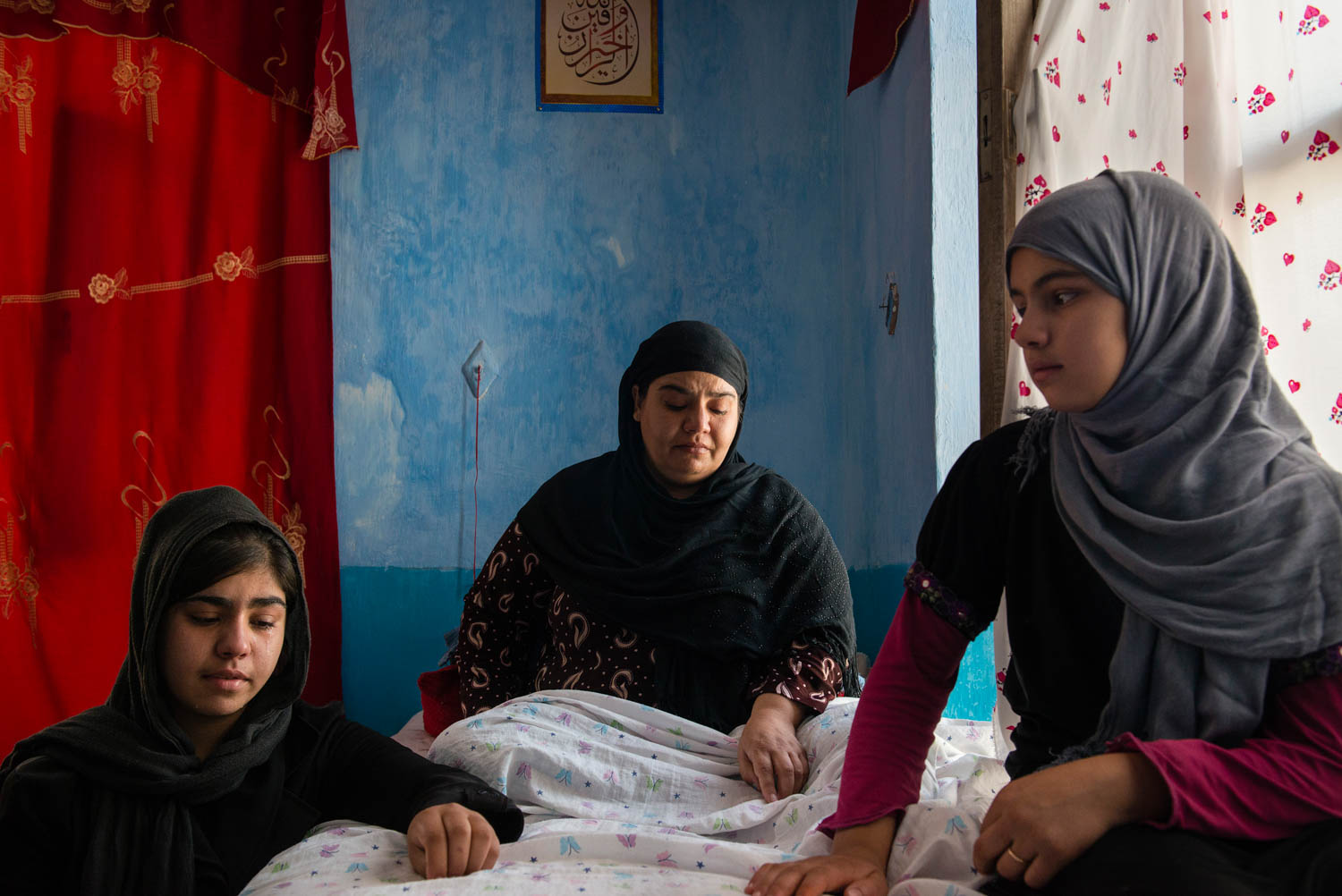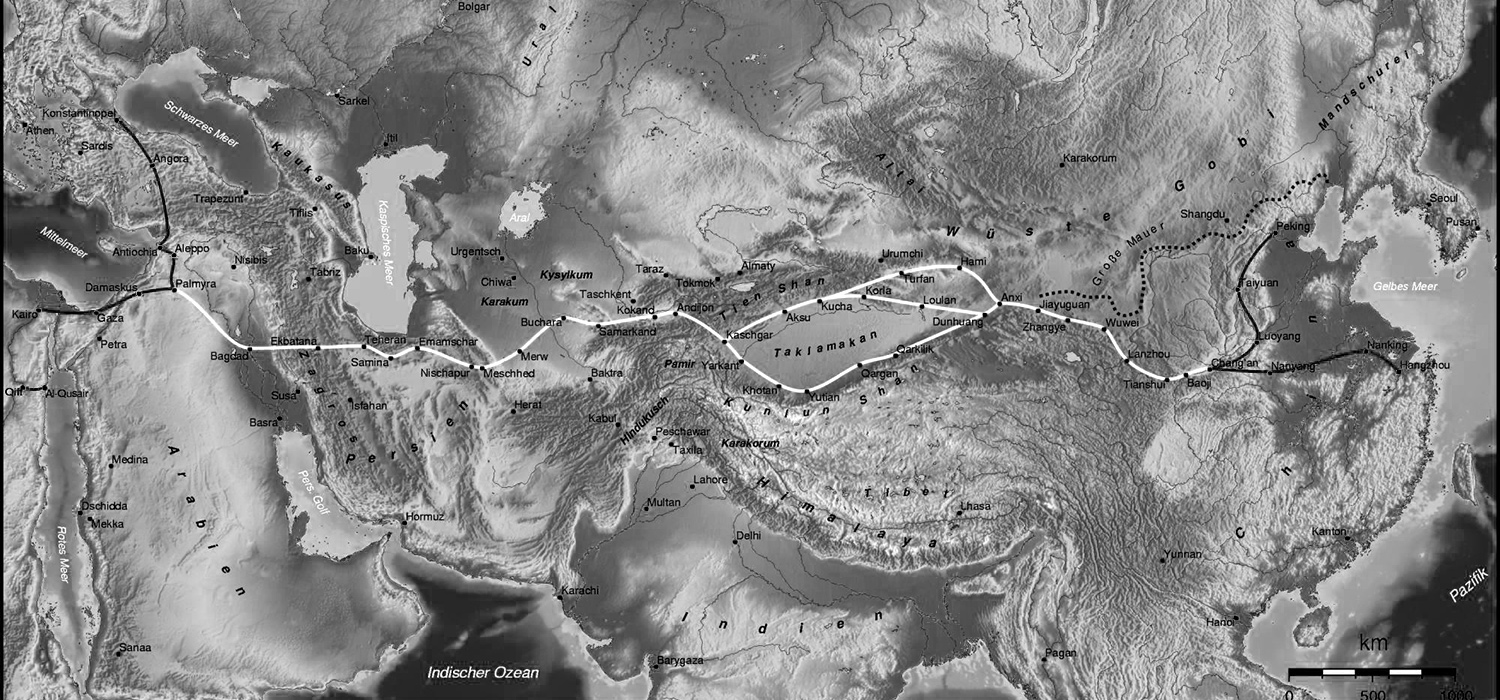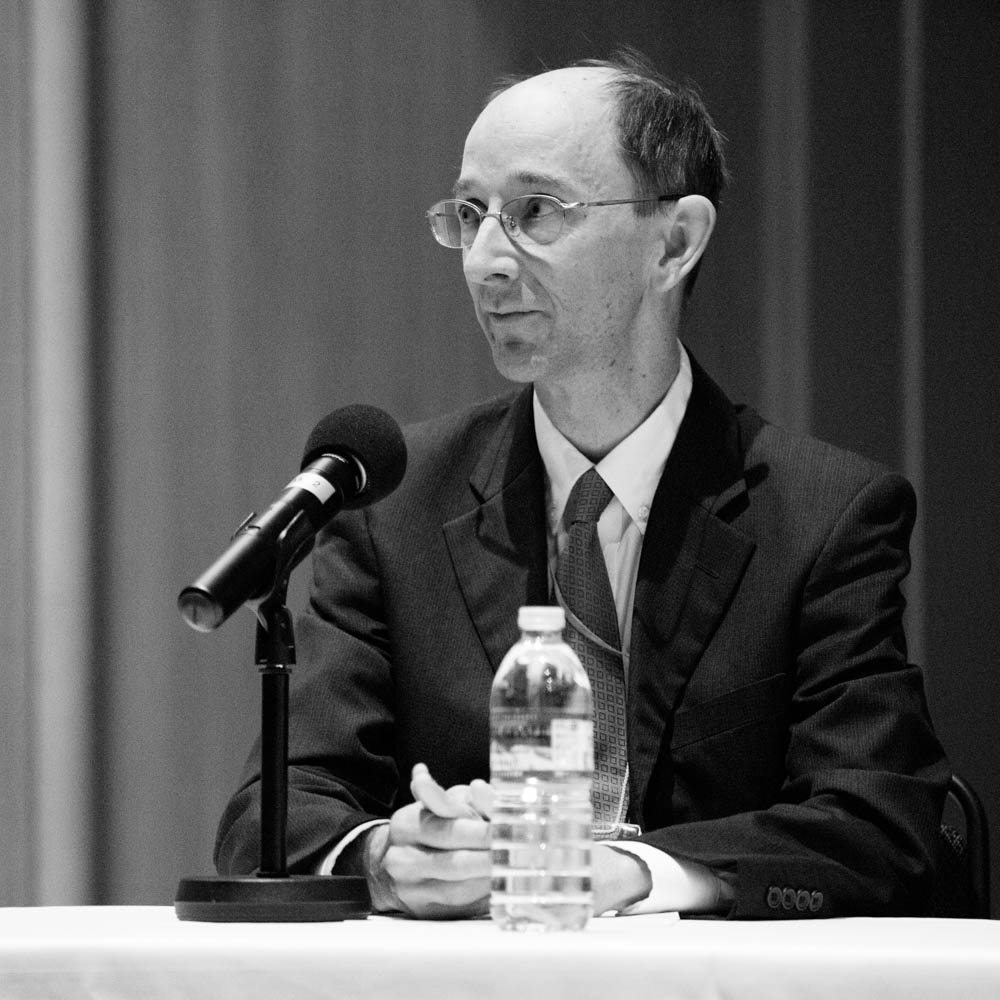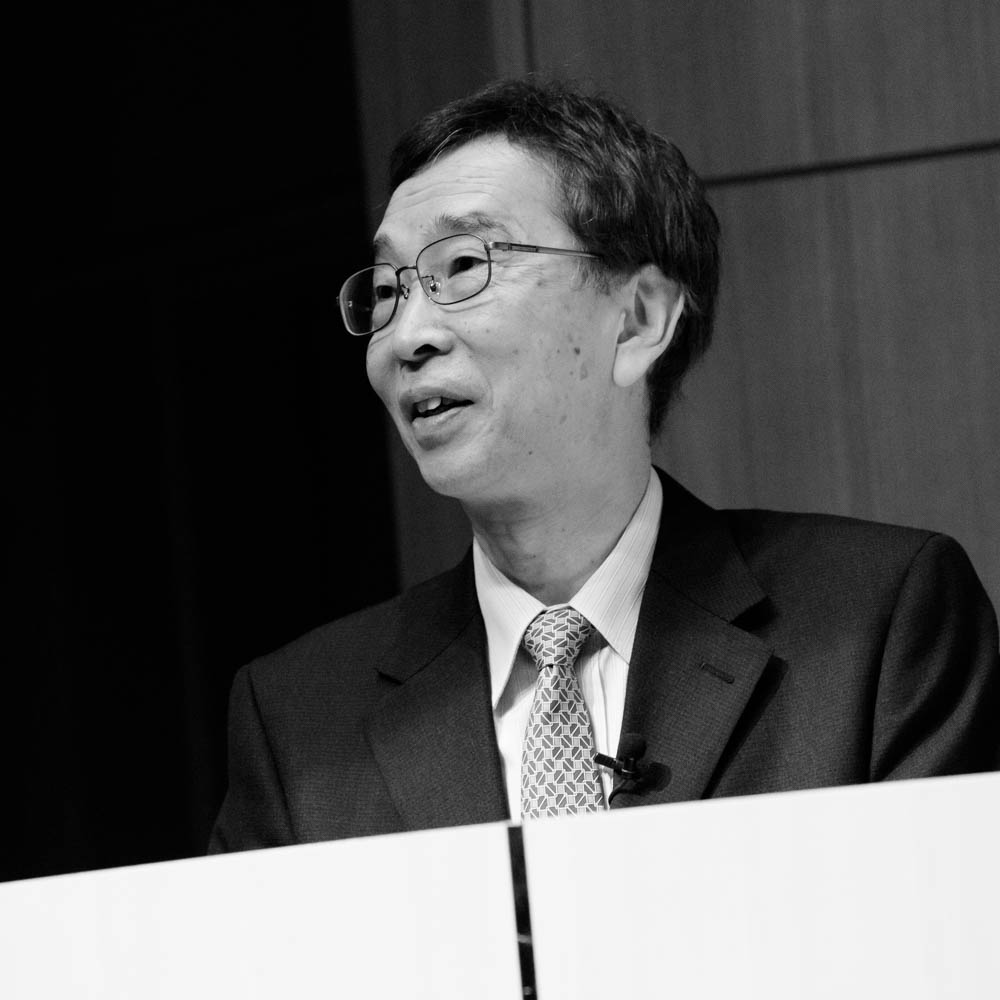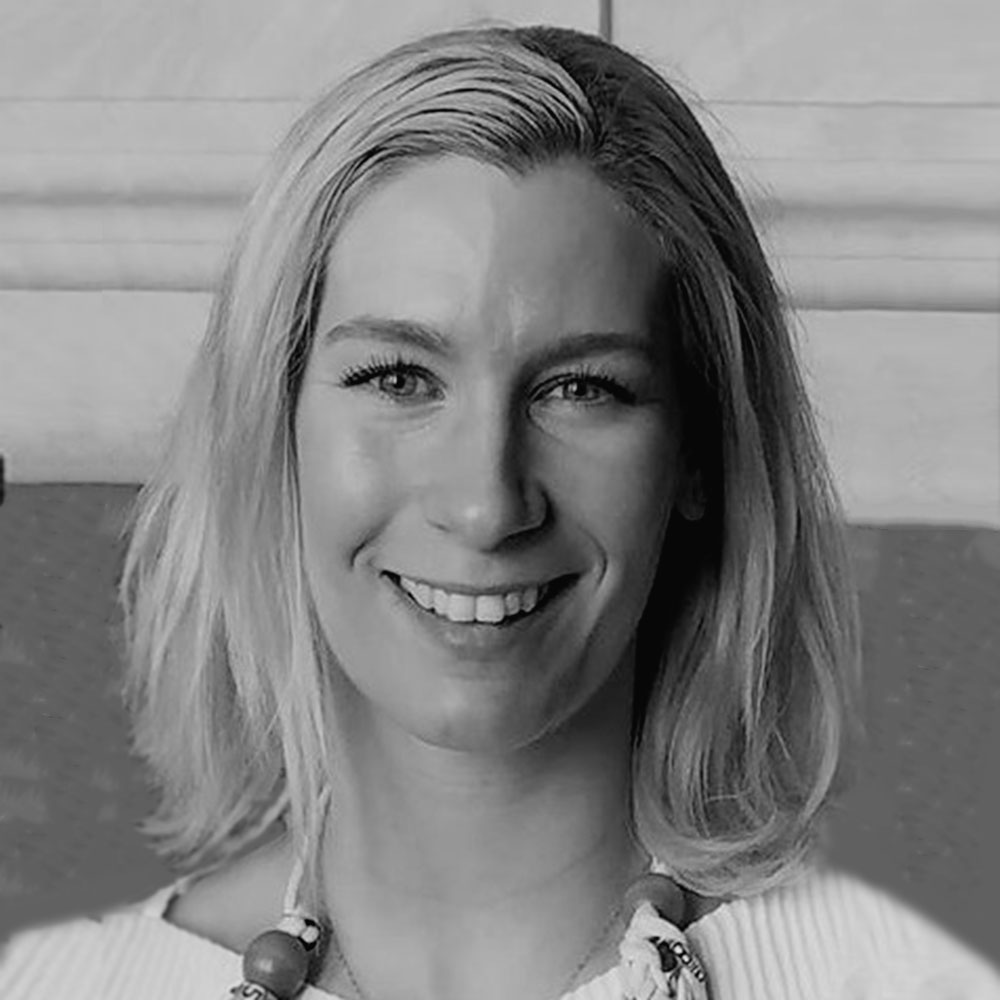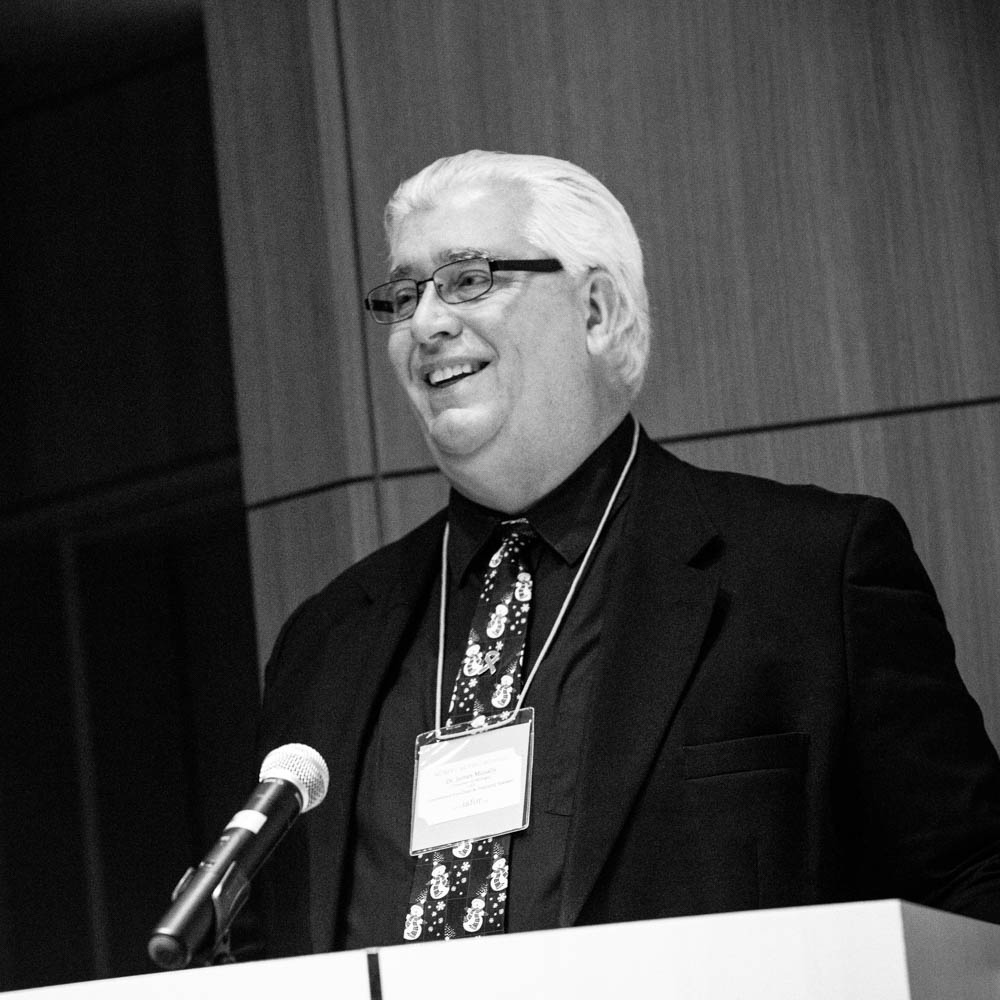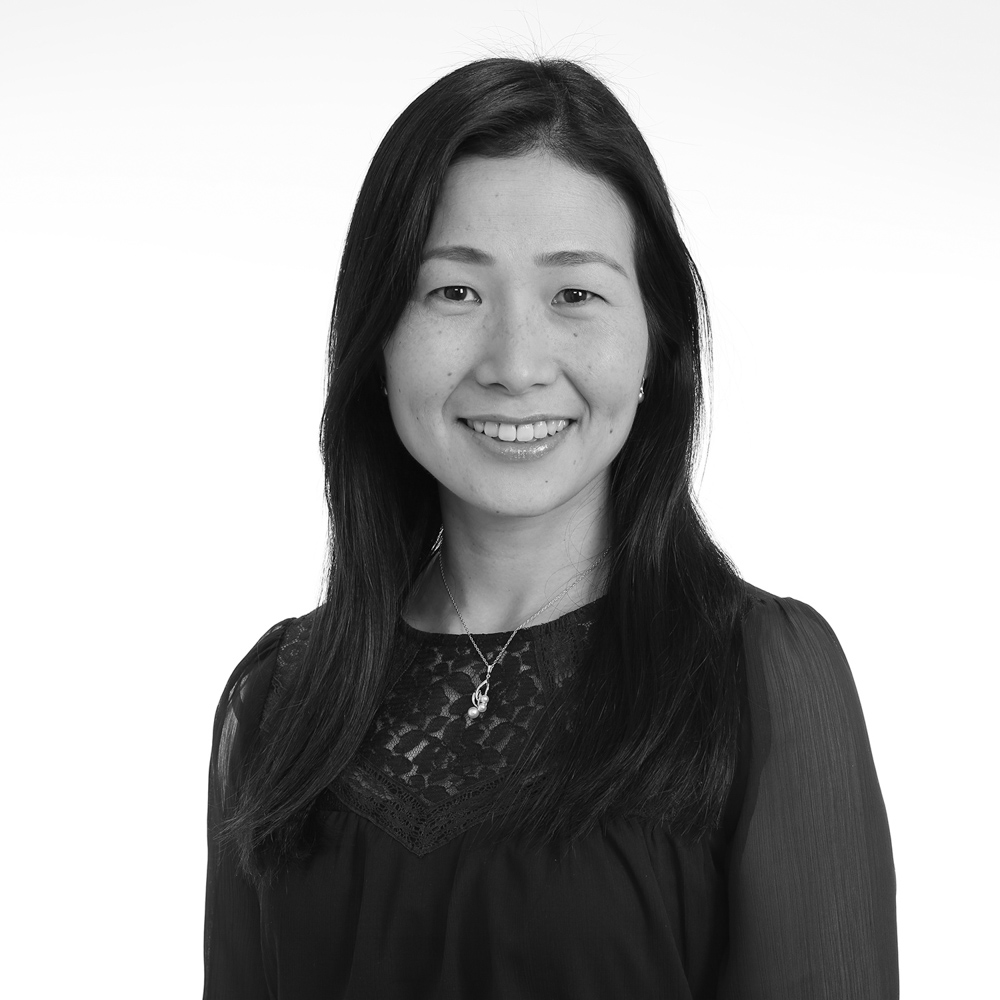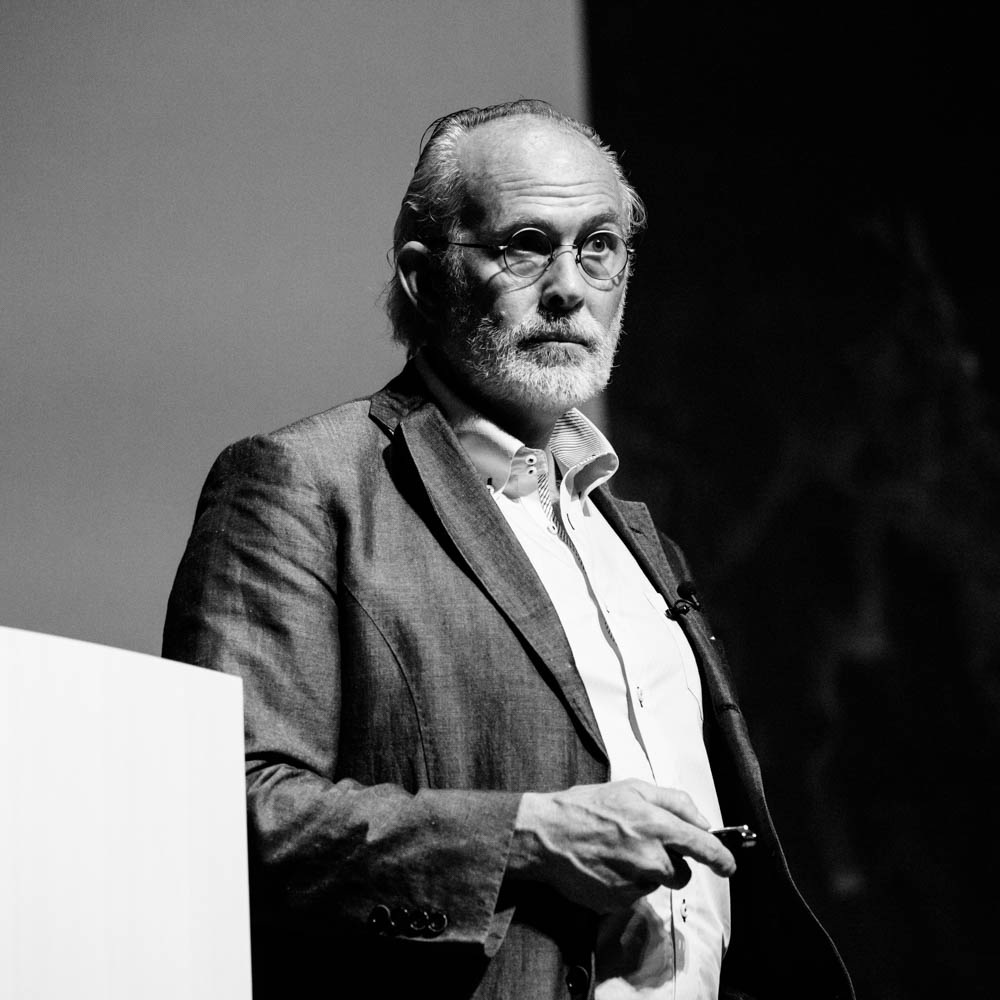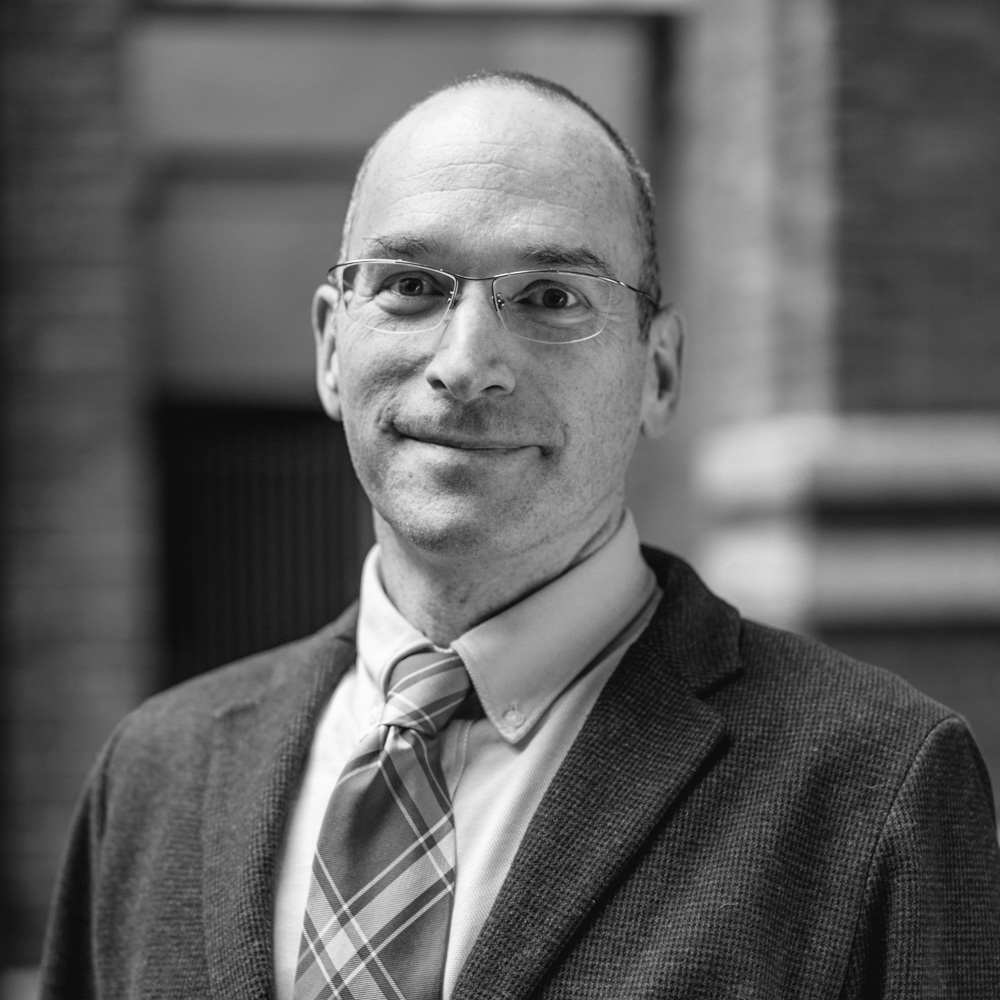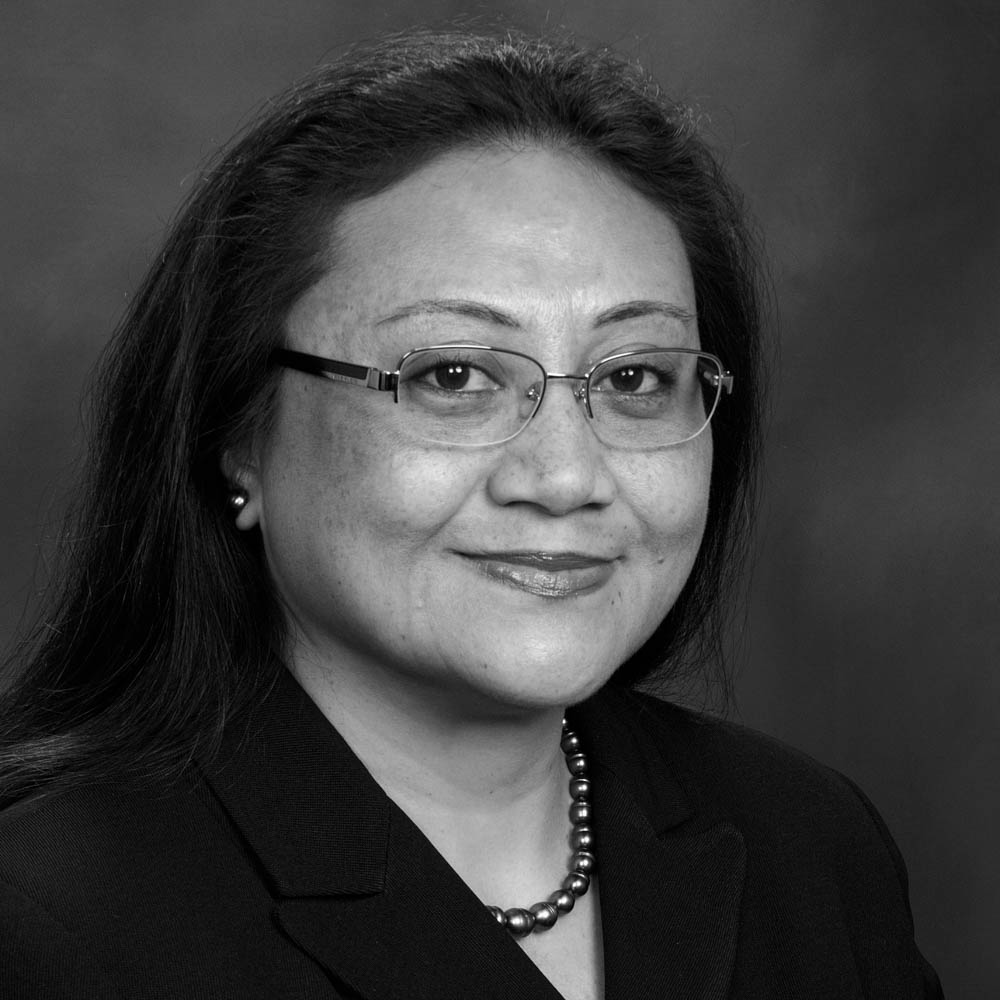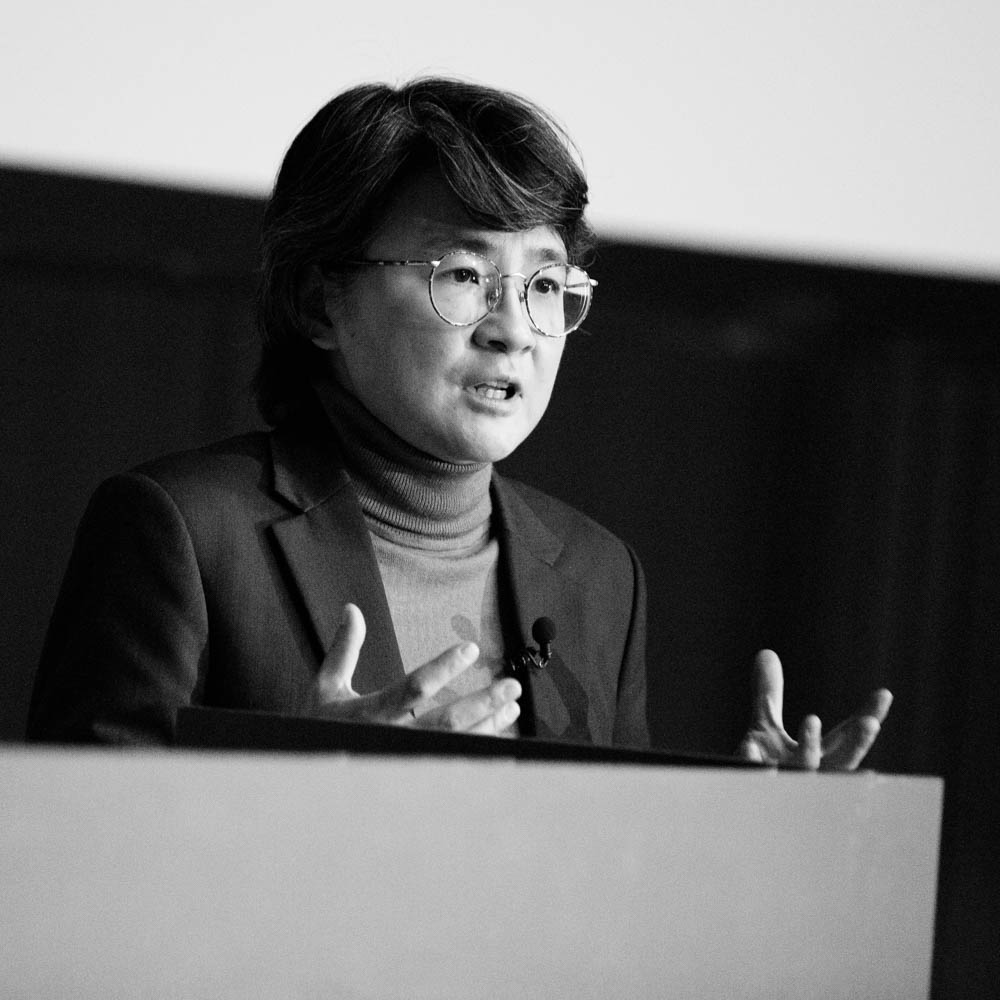"Surviving and Thriving in Times of Change"
June 8–10, 2018 | Art Center Kobe, Kobe, Japan
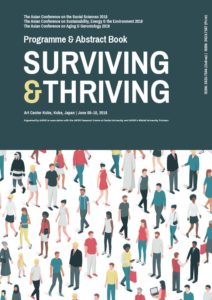 Perspectives on the aging lifecourse and the role of the elderly within society have undergone massive change in the past decades. Once the later stages of aging were seen as period of withdrawal from social interactions as the elder reflected on a life lived and prepared for and inevitable death. This viewpoint has changed dramatically in recent years as new opportunities for enhancing their quality of life, better medical care, support services and life extension technologies Similarly, changing demographic composition of many low fertility nations have made the elderly more essential to maintain the workforce and offer opportunities for older adults to remain economically active long after traditional retirement ages. The growth of the elderly population has also encouraged growth in the institutional and home care industries, often creating a growing demand for immigrants to provide services to the growing number of elders who require assistance to maintain an independent lifestyle.
Perspectives on the aging lifecourse and the role of the elderly within society have undergone massive change in the past decades. Once the later stages of aging were seen as period of withdrawal from social interactions as the elder reflected on a life lived and prepared for and inevitable death. This viewpoint has changed dramatically in recent years as new opportunities for enhancing their quality of life, better medical care, support services and life extension technologies Similarly, changing demographic composition of many low fertility nations have made the elderly more essential to maintain the workforce and offer opportunities for older adults to remain economically active long after traditional retirement ages. The growth of the elderly population has also encouraged growth in the institutional and home care industries, often creating a growing demand for immigrants to provide services to the growing number of elders who require assistance to maintain an independent lifestyle.
The dynamic tension of surviving versus thriving as reflected conference theme encapsulates the new perspective now emerging in gerontological research, that of “resilience”. Traditionally, quality of life among the aged was measured by the concept of frailty, which used measures such as Activities of Daily Living (ADLs) to measure loss of functioning, and declines in ability to accomplish task seen as essential to independent living. Under a “resilience” model, however, we seek to measure the aging process from a more positive perspective that focuses on the ability of the elder to maintain an independent life in spite of potential barriers. Once we saw disabled elders as merely surviving with the reduced function associated with senescence, now we seek new ways to help elders thrive and overcome limitations.
The AGen2018 conference seeks to encourage research across a number of broad themes associated with transitions that are changing our views of aging from “surviving” to “thriving”.
One theme is that of “Successful Aging”; what behaviours, activities and choices made across the lifecourse result in a healthier and more active elderly population. This approach takes a life course approach that invites research on studies that look at health and choices at all ages and life stages, and how these choices impact quality of life among the aged.
A second theme is in the growing body of research that looks at “life extension”. This line of research tries to understand the biology of aging and how gene therapy or medicines could be used to increase longevity, creating a growing cohort of centenarians. Research on telomere length, gut bacteria, and other “aging clocks” are still in their infancy but many scientists feel they can slow, if not reverse the aging process. A third theme is that of assistive devices that help an aging population maintain independence and get the help they need to be autonomous. This line of research includes companion robots, exoskeletons, and the field of gerotechnology which has developed an entire series of tools and resources to make living at home more practical and enhances the autonomy of the aged.
Finally, there is the theme of support services; how can family and support programs better assist the aged in remaining independent and productive and what point do we as an individual, family, community, or clinician make a reasoned decision about institutionalization and 24-hour care.
These are only a few of the broad themes we seek research papers and posters for AGen2018. The aged are living longer and thriving in ways that were impossible only a few decades ago. The theme of Surviving and Thriving in Times of Change is particularly reflective of the changing world which the current cohort of elders are entering. AGen2018 welcomes any paper or analysis which address the ways in which change is impacting the lives of the elderly, and the live of the current generations who will join the ranks of the aged in years to come.
Programme
-
 Health Across the LifecourseFeatured Panel Presentation: James W. McNally, Hiroshi Ishida & Megumi Rosenberg
Health Across the LifecourseFeatured Panel Presentation: James W. McNally, Hiroshi Ishida & Megumi Rosenberg -
 Surviving and Thriving: In Pursuit of a Sustainable World – A Unique and Personal ReflectionFeatured Presentation: Lowell Sheppard
Surviving and Thriving: In Pursuit of a Sustainable World – A Unique and Personal ReflectionFeatured Presentation: Lowell Sheppard -
 Towards a Universal Standard of Value through BlockchainFeatured Presentation: Philip Sugai
Towards a Universal Standard of Value through BlockchainFeatured Presentation: Philip Sugai -
 What you see and What you doFeatured Workshop Presentation: Will Baber
What you see and What you doFeatured Workshop Presentation: Will Baber -
 Locating Data for Research: Data Collections and Resources for Thesis Writing, Teaching, and Grant Development for the Social Sciences and the EnvironmentFeatured Workshop Presentation: James W McNally & Kathryn Lavender
Locating Data for Research: Data Collections and Resources for Thesis Writing, Teaching, and Grant Development for the Social Sciences and the EnvironmentFeatured Workshop Presentation: James W McNally & Kathryn Lavender -
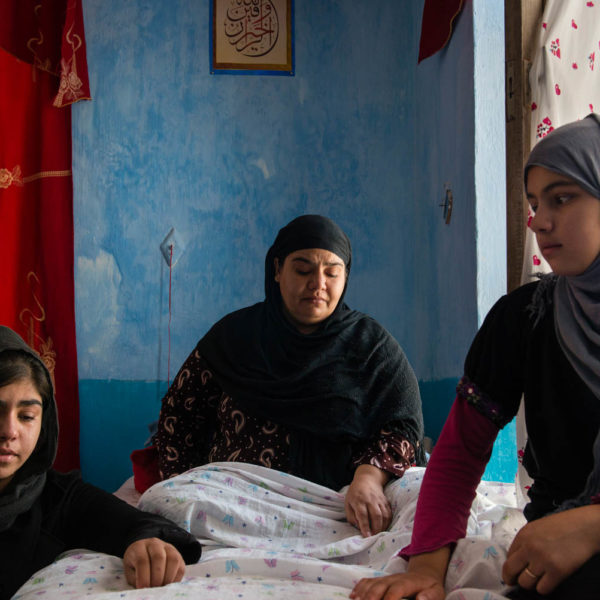 IAFOR Documentary Photography Award 2017 | Award Winners Screening
IAFOR Documentary Photography Award 2017 | Award Winners Screening -
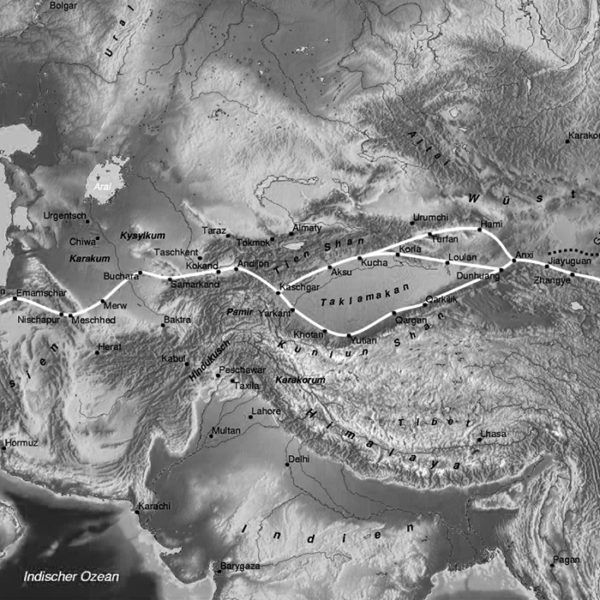 IAFOR Silk Road Initiative Information Session
IAFOR Silk Road Initiative Information Session
Speakers
-
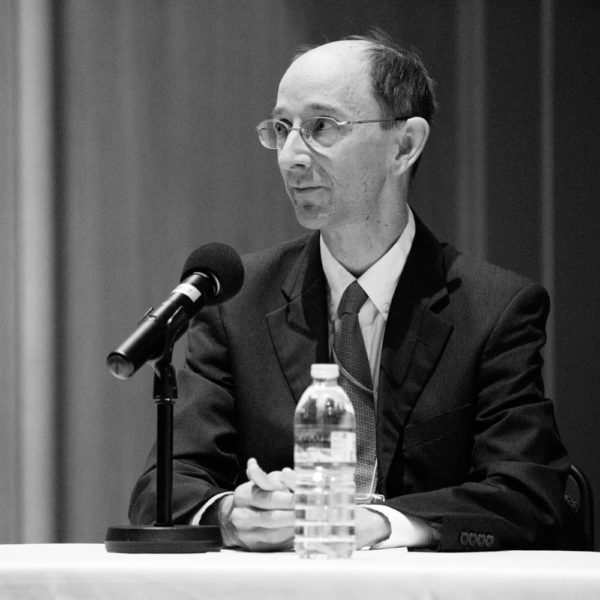 William BaberKyoto University Graduate School of Management, Japan
William BaberKyoto University Graduate School of Management, Japan -
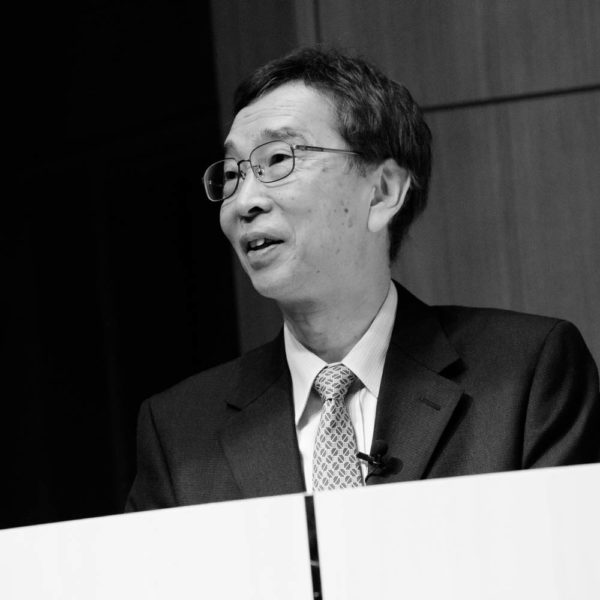 Hiroshi IshidaUniversity of Tokyo, Japan
Hiroshi IshidaUniversity of Tokyo, Japan -
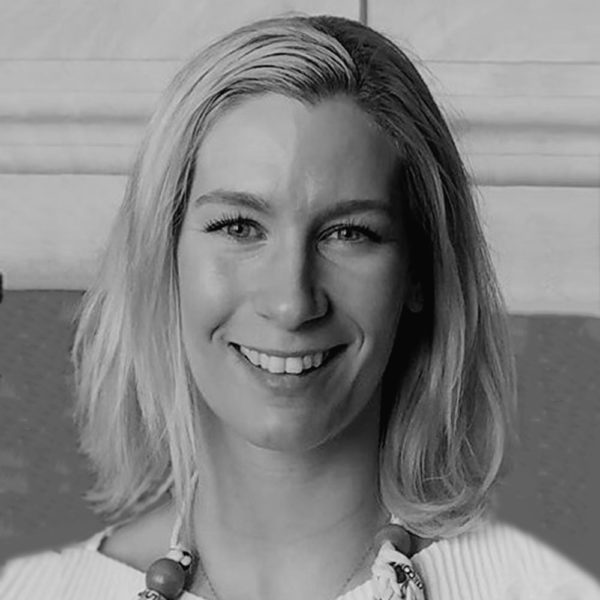 Kathryn M. LavenderNational Archive of Computerized Data on Aging (NACDA)
Kathryn M. LavenderNational Archive of Computerized Data on Aging (NACDA) -
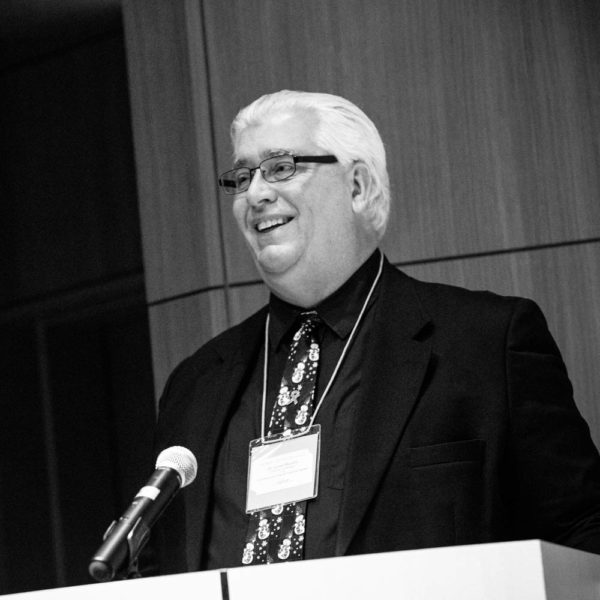 James W. McNallyUniversity of Michigan, USA & NACDA Program on Aging
James W. McNallyUniversity of Michigan, USA & NACDA Program on Aging -
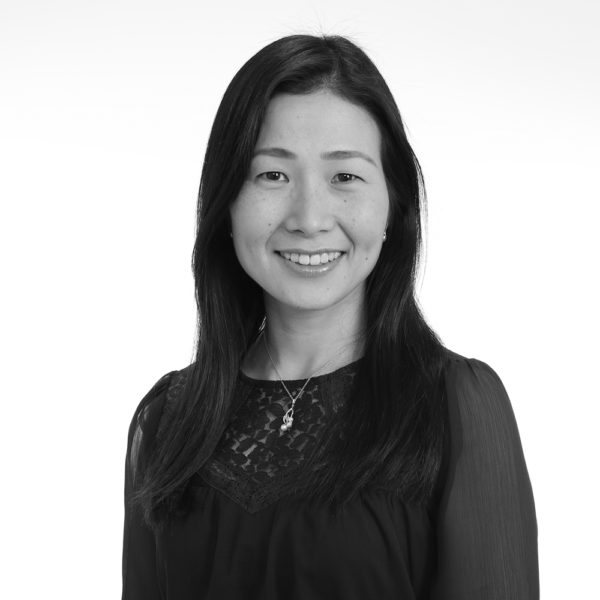 Megumi RosenbergWorld Health Organization (WHO), Japan
Megumi RosenbergWorld Health Organization (WHO), Japan -
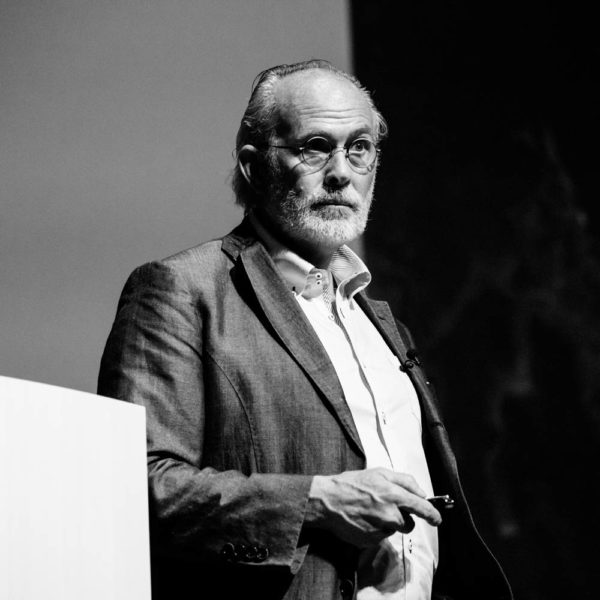 Lowell SheppardHOPE International Development Agency, Japan
Lowell SheppardHOPE International Development Agency, Japan -
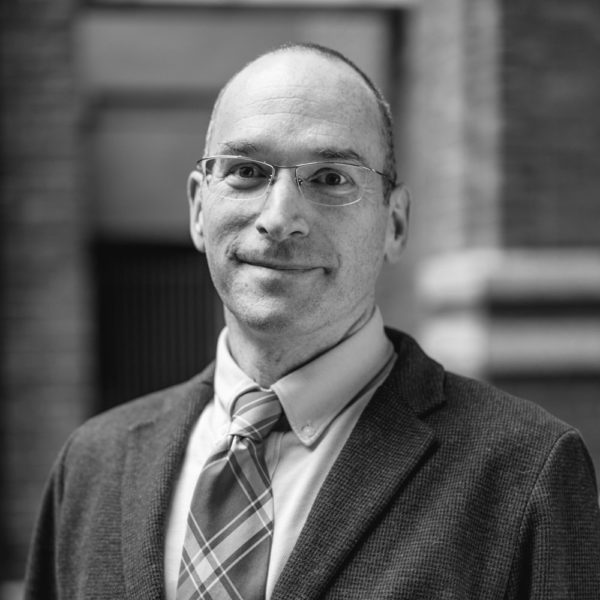 Philip SugaiDoshisha Business School, Japan
Philip SugaiDoshisha Business School, Japan
Organising Committee
The Conference Programme Committee is composed of distinguished academics who are experts in their fields. Conference Programme Committee members may also be members of IAFOR's International Academic Board. The Organising Committee is responsible for nominating and vetting Keynote and Featured Speakers; developing the conference programme, including special workshops, panels, targeted sessions, and so forth; event outreach and promotion; recommending and attracting future Conference Programme Committee members; working with IAFOR to select PhD students and early career academics for IAFOR-funded grants and scholarships; and overseeing the reviewing of abstracts submitted to the conference.
Review Committee
IAFOR's peer review process, which involves both reciprocal review and the use of Review Committees, is overseen by conference Organising Committee members under the guidance of the Academic Governing Board. Review Committee members are established academics who hold PhDs or other terminal degrees in their fields and who have previous peer review experience.
If you would like to apply to serve on the AGen2019 Review Committee, please visit our application page.
